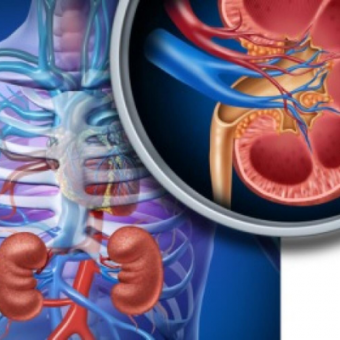Nephrectomy is the surgical operation used to bring out the kidney. The procedure is taken to cure kidney cancer as well as other kidney disorders and injuries.
Types of Nephrectomy
- Partial- In the procedure of Partial nephrectomy, only the damaged and injured area of the kidney is removed.
- Radical- In the procedure of Radical nephrectomy, the entire kidney is removed, along with a section of the tube impacting the bladder or ureter, the gland that presents atop the kidney or adrenal gland, and the fatty tissues present over the kidney.
- When both kidneys are taken out from a body in a single time, then the procedure is known as Bilateral Nephrectomy.
Risks and complications of Nephrectomy Surgery includes:-
- Infection
- Bleeding hemorrhage needing blood transfusion.
- Postoperative pneumonia.
- Rare allergic reactions for anesthesia.
- Death.
- There is also the little risk of kidney damage in a patient with lesser function and disease in the enough kidney.
Aftercare and recovery
Immediately after surgery, the doctor and health care team of a patient will carefully check his/her blood pressure, electrolytes and fluid balance. These body functions are supported in the area by the kidneys. The person may experience discomfortability and numbness close to the incision area. Painkillers Or relieving antibiotics are given to the patient after the surgery is done and during the recovery period as required.The person will probably stay in the hospital for 1-7 days, depending upon the types and forms of surgery used. The doctor will give the more elaborated instructions about the person’s post-operative activities, preventatives and diet.









